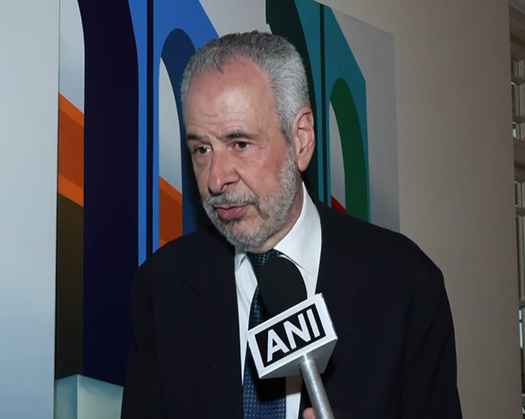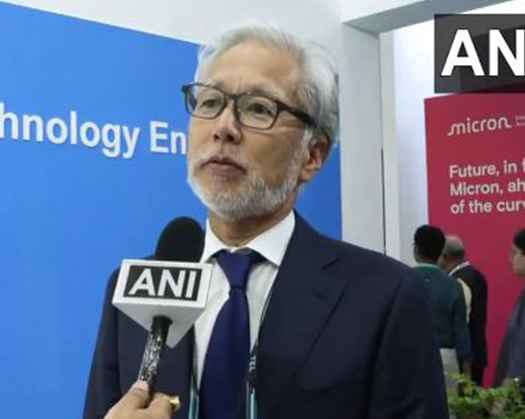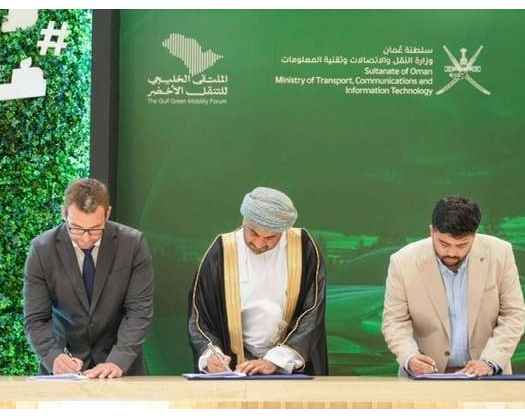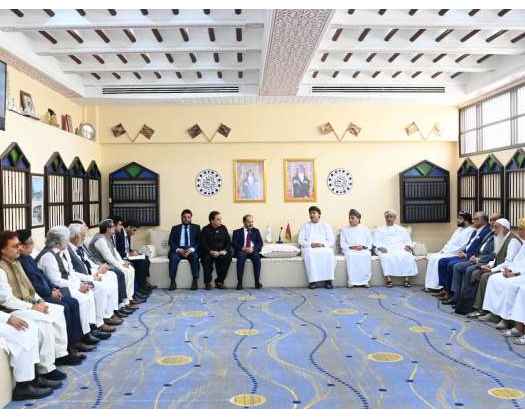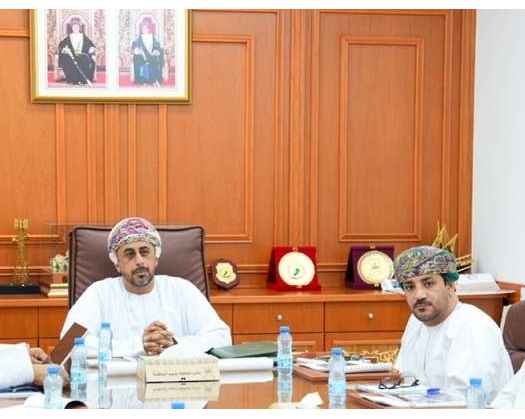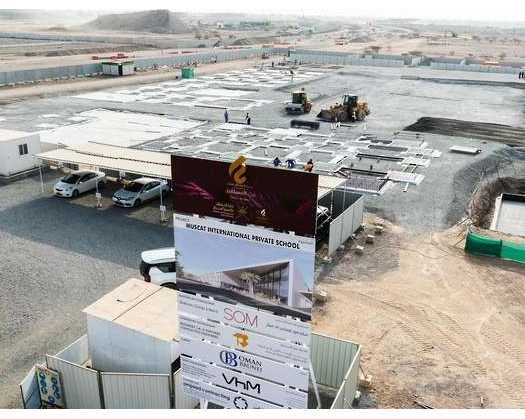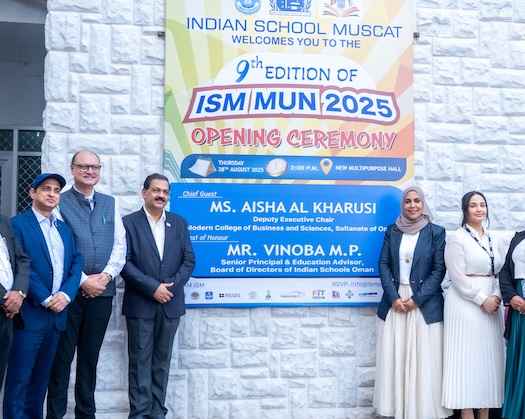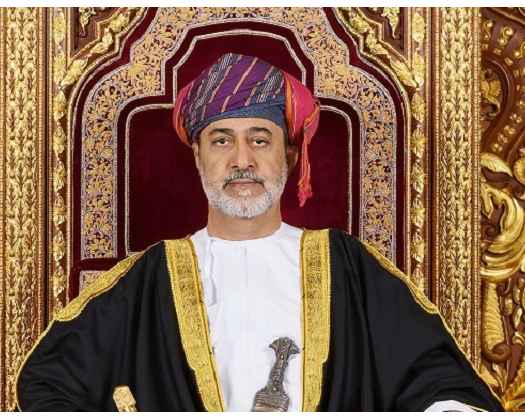New Delhi: Andre Aranha Correa do Lago, the President of the UN's COP30 Climate Change Conference, stated that developed nations bear a greater responsibility for global climate issues due to their role in the accumulation of carbon dioxide over the past two and a half centuries.
"Developed countries have been responsible for the buildup of carbon dioxide for over 250 years. Therefore, they hold a responsibility that has been clearly articulated in the convention from the outset," he remarked to ANI during the COP30 event in the national capital.
He emphasized that the world has undergone significant changes, and our nations can contribute far more than they currently do, indicating that we are not reliant on developed countries for most of our needs.
When asked about the progress of India and Brazil in this initiative, he noted that both nations have been collaborating for many years. "We are part of the basic group and negotiate collectively. We share a common concern for the development of our countries and the well-being of our populations, so we are united in that regard," he explained.
Moreover, as time passes, the climate crisis intensifies, and given the urgent climate situation globally, these countries have made substantial advancements. Our nations carry significant responsibilities, and the rest of the developing world looks to us, so I believe we have been evolving in our role within this process, which is an exciting aspect of it," he added.
Brazil is set to host COP30 in Belem, with Ambassador Andre Correa do Lago at the helm of this significant climate summit in the Amazon. The Brazilian presidency of COP30, part of the 2025 climate summit, has called for the establishment of new global climate governance mechanisms to assist nations in fulfilling their commitments to mitigate global warming. This summit is scheduled to take place in Belem this November.
The inaugural COP1 was conducted in Berlin in 1995, followed by COP3 in Kyoto in 1997, and COP21 in Paris in 2015. The first Global Stocktake (GST) under the Paris Agreement occurred at COP28 in Dubai in 2023, culminating at COP29 in Baku with the finalization of both the Paris Rulebook and the last outstanding negotiating mandate from COP21 - the New Collective Quantified Goal on climate finance (NCQG).
COP30 marks a celebration of the tenth anniversary of the Paris Agreement. Over its first decade, the Paris Agreement has demonstrated both effectiveness and resilience. The treaty is functioning as intended, with its ambition and implementation cycle fully operational. However, global warming is now progressing at a rate much quicker than what scientific projections suggested back in 2015.
Concurrently, geopolitical and economic challenges are presenting new hurdles to international cooperation, particularly within the climate framework.

